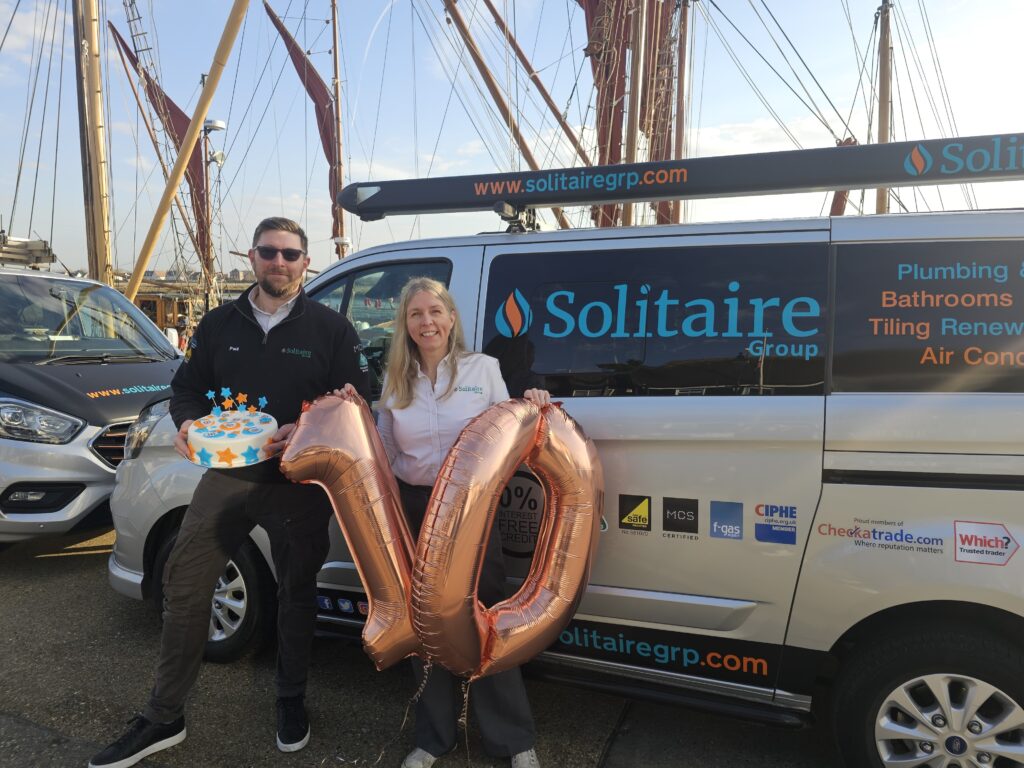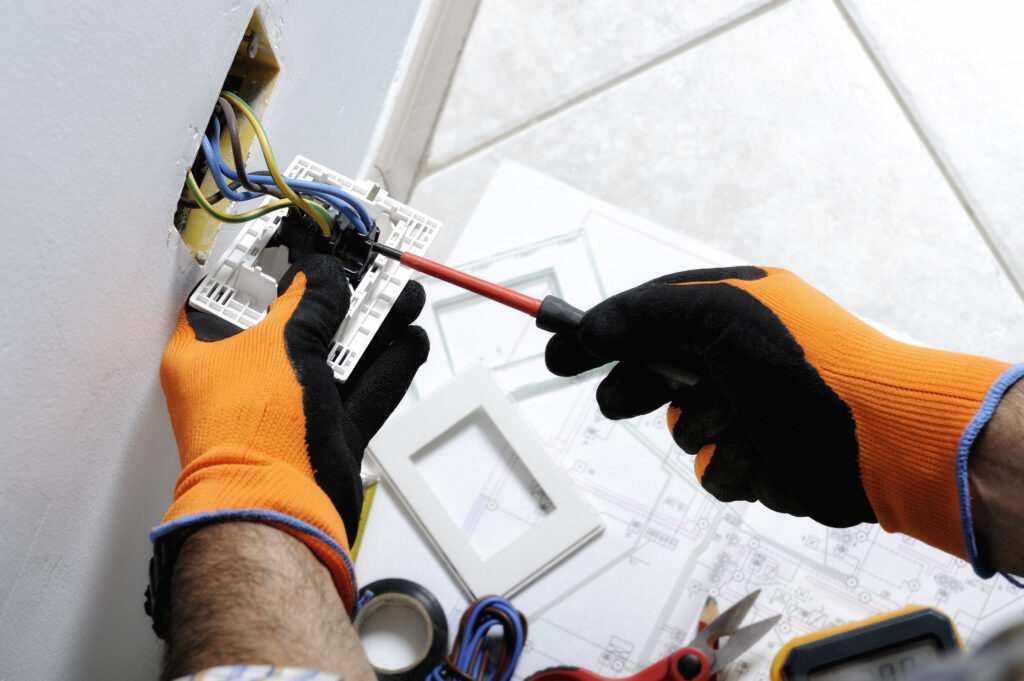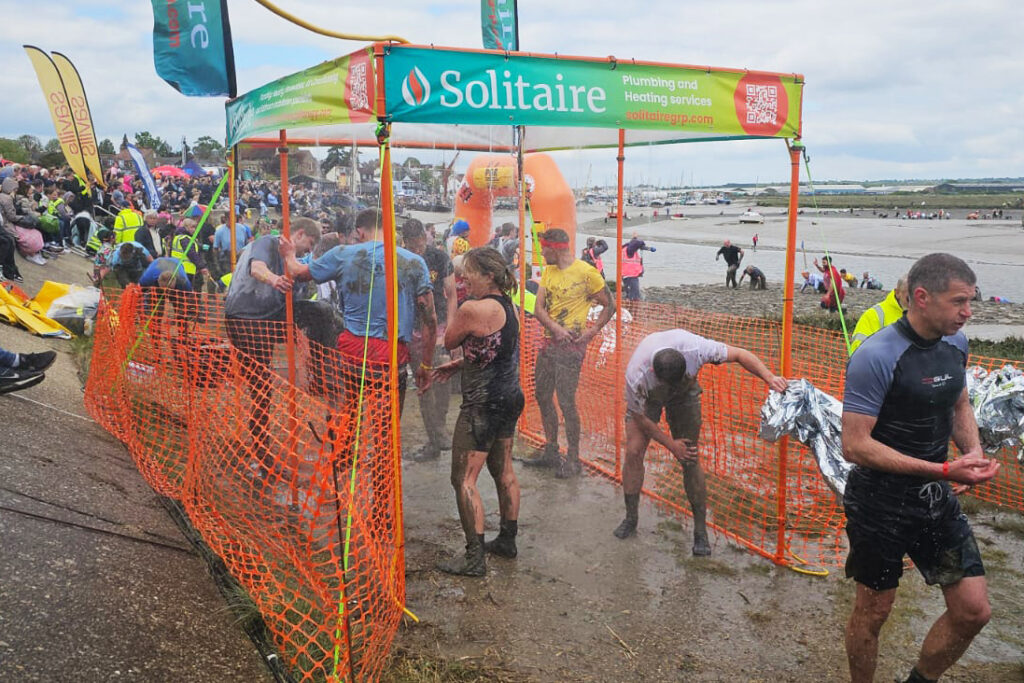Solitaire is here to help you with all your Plumbing and Heating needs. We are ready to save you in a crisis whether it’s a leaking boiler or you’re stuck without hot water. However, there are some things you can do yourself to help keep your plumbing & heating healthy so you don’t need to call out a professional. Here are some plumbing and heating top tips on how to fix and prevent issues.
1) How to top up the pressure on a heating system
To do this, you need to add water main pressure into your heating system using a filling loop. These are usually under the boiler and will consist of a silver braided hose connected to two valves.
These two valves will have a black lever on them. Open one fully and open the other gradually until the pressure gauge is reading 1.5 bar, then close them both back to how they were previously. The pressure gauge is usually on the front or under the boiler.
2) Make sure you regularly bleed radiators
If radiators in your home aren’t heating up properly or are cold at the top and warm at the bottom, they could need bleeding.
Bleeding your radiator – a step-by-step guide:
- Make sure your heating is off
- Hold a jug, tissue or rage under the valve, and inset the bleed key
- Turn anti-clockwise until air starts escaping
- When water starts to escape, turn the key clockwise to close the valve
- Repeat on other radiates that need attention
- Turn your heating back on. You may need to top up the pressure using the filling loop, see the previous tip for details
3) Install a water filter
Installing a water filter is an effective way to eliminate minerals that are present in hard water.
Water filters collect calcium and magnesium that are present in the water to remove lime scale traces. The filters are easy to replace every few months to continue keeping the water clean and also allow you to have safe drinking water to use each day.
4) Changing tap washers or anything near baths, basins or sinks
Cover the drain and protect the bath or basin.
Before you start make sure you put the plug into the basin waste to prevent small components such as screws falling down the drain.
Place a towel inside the basin or bath to prevent any damage from dropping things like tools. This last thing is important as the last thing you’ll want to be doing is buying a new basin or bath!
5) Regularly shut and open isolation valves in your house to stop seizing
Valves can seize up over time if they’re not used so get into the habit of turning them off and on!
How do you stop a tap from seizing? Try turning the handle in both directions to help loosen the tap and fix the seized part. If this does not fix the problem then you can take it up to a new level. Remove the gland nut using a spanner then add some more lubricating oil. Then try tapping it gently to help break the seizure.
6) How to repair a leaking stopcock
Fixing a leaking stopcock doesn’t always have to mean calling in the professionals.
If you can see water leaking from the compression nuts on either side of the stopcock, you may just need to tighten them.
If the leak seems to be coming from the stopcock, you may have a leaking gland nut. Like the compression nut, this can easily be tightened. Use a spanner to tighten the gland nut but be careful not to tighten this too much as it could prevent you from turning the stopcock.
7) Guard against frost on pipework
Make sure all pipework is insulated if there is a possibility of freezing.
Insulating your pipes and water tanks is one of the best ways to prevent them from freezing.
You can buy inexpensive pipe lagging and tank jackets from most DIY stores and fit them yourself for free. Just make sure you check the pipe and tank measurements first.
8) Regularly service your boiler
Regularly service your boiler to keep efficiency levels as high as possible and find potential faults!
You should have your boiler serviced at least once a year to ensure it functions correctly and does not have any water or gas leaks.
Not sticking to an annual boiler service could affect your boiler’s performance. You could experience a boiler breakdown or you could even invalidate your warranty.
9) Why are there more boiler breakdowns during winter?
The simple answer is that you use your boiler way more during winter. Boilers can also develop small faults over the course of a year.
How to fix a frozen boiler condensate pipe:
The most obvious sign of a frozen condensate pipe is suddenly having no hot water or heating but your boiler has other ways of letting you know if there’s a problem. Listen out for any gurgling noises coming from your boiler as this may also be a sign of a frozen condensate pipe.
10) Stop hard water from affecting your appliances
The following items can help reduce and prevent scale build-up!:
- Use a water softener:
Essex has some of the hardest water in the country, which makes it easy to find water stains on your silverware, cups and taps. A water softener is effective in removing some of the minerals in the water by passing it through spherical resin beads that are charged with sodium ions.
- Use a mixture of lemon juice and vinegar
- Use an inline whole-house lime scale reducer
- Install a water filter
For more serious issues our expert plumbers and heating engineers can get the problem fixed in no time. See our services here: https://solitairegrp.com/plumbing-heating-services-maldon
Contact us at 01621 840471.






